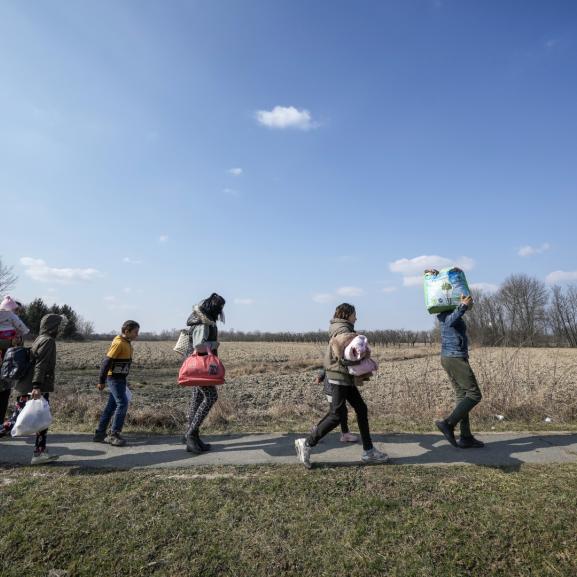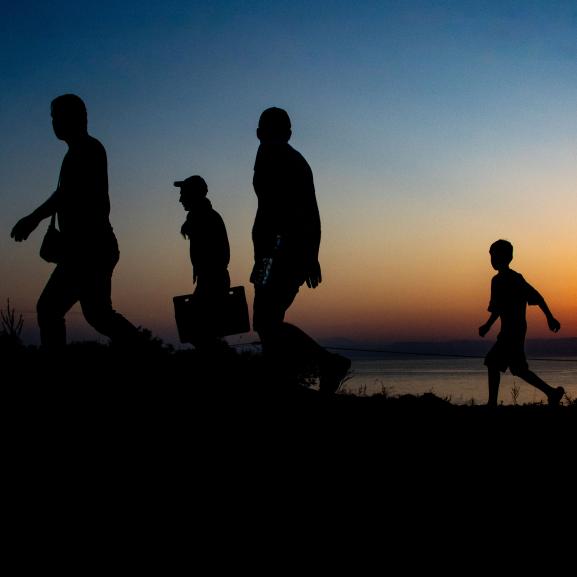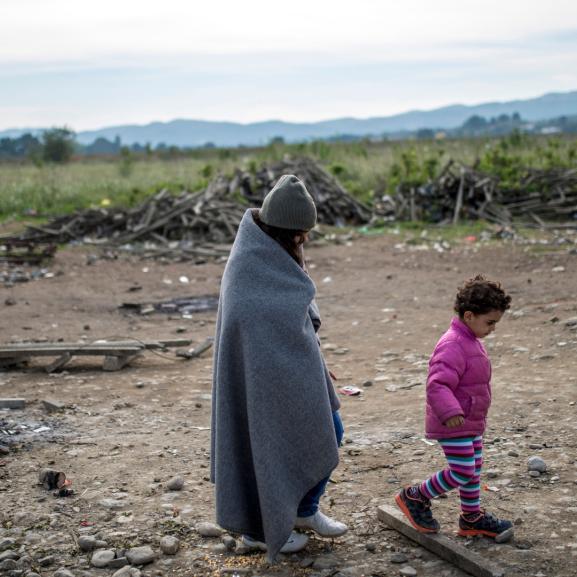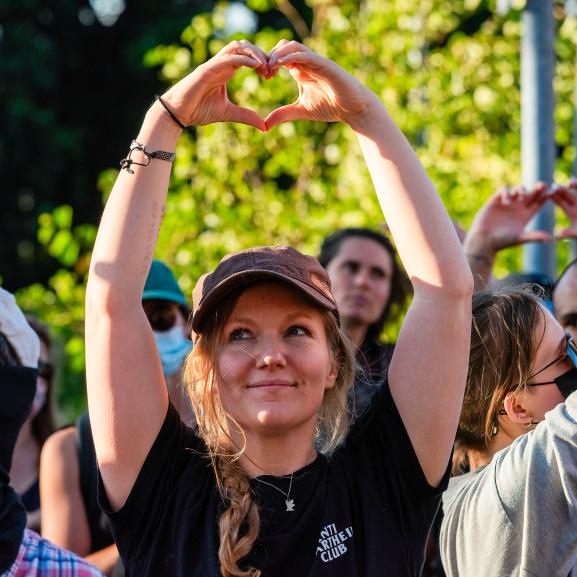Asylum inspection indicates human cost of target culture, says torture treatment centre
Victims of torture seeking refuge in the UK are being failed by a system that emphasises speed over quality, says the Medical Foundation for the Care of Victims of Torture (MF).
"The report findings echo the MF's own concerns about the impact of UK Border Agency's focus on targets. Torture survivors' claims are complex and often require medical evidence, which can take time to produce.
In his first review of the current UK asylum system, the Independent Chief Inspector of the UK Border Agency criticises the target culture driving the decision-making processes. In Asylum: Getting the Balance Right? the inspectorate addresses the human impact of the asylum process, drawing on the testimonies of refugees including torture survivors who participated in the inspection.
The Chief Inspector concludes that the target of concluding 90% of asylum cases in six months is unachievable.
The report findings echo the MF's own concerns about the impact of UK Border Agency's focus on targets. Torture survivors' claims are complex and often require medical evidence, which can take time to produce.
"The report does well to criticise the target culture that we know has devastating consequences for survivors of torture," said Leanne MacMillan, Director of Policy & External Affairs. "It is not surprising that when a person has survived torture it can take time for them to disclose information that is needed to prove they need protection in the UK.
"In one striking example, the inspector criticises the UKBA for rushing a decision without waiting for an MF medical report, contrary to the Government's own policy which is to suspend a decision until our doctors have been able to document the evidence of torture. In this case, it took a legal challenge before the Border Agency agreed to comply with its own policy and withdraw the decision.*
"We are heartened by the approach taken by the inspectorate in meeting with torture survivors during the inspection, and the recognition that refugees need to be heard."
*See Case Study 3 of the report, page 22.






